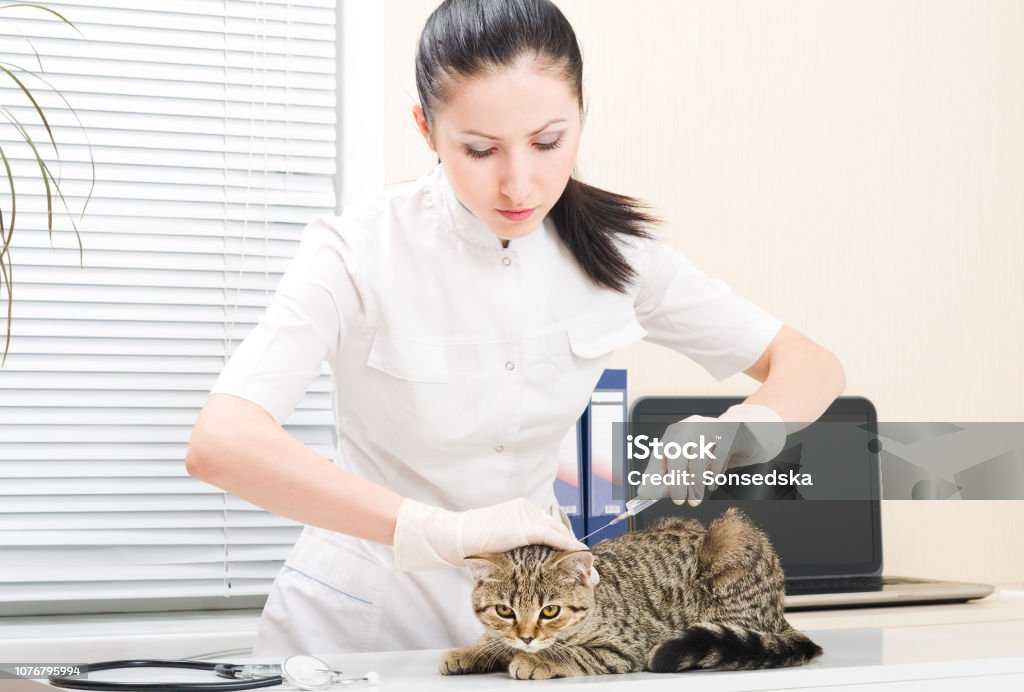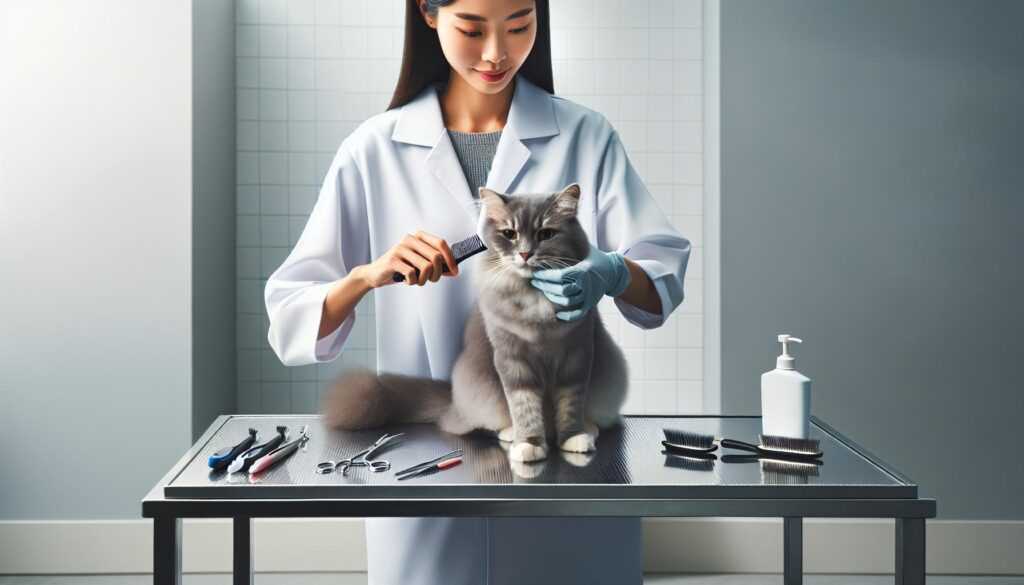Microchipping cats has become an important part of being a responsible pet owner in the UK. With a new law making on it a requirement, it’s important to understand what microchipping is, why it’s beneficial to you and your cats. Additionaly its important to know the details of the new legislation to avoid fines and legal pitfalls.

The New Law on microchipping
Starting June 10, 2024, all cat owners in the UK must have their cats microchipped by the time they are 20 weeks old. This law is designed to help improve animal welfare and ensure lost or stolen cats can be quickly returned to their owners. Failure to abide by this rule will incure a fine of £500.
The Microchipping Process
The microchipping process is simple and quick:
- Registration: The microchip has a unique number that gets added to a national pet recovery database with your contact information. It’s very important to keep this information up-to-date so the microchip works properly.
- Implantation: A vet or trained professional uses a special syringe to place a tiny microchip under your cat’s skin, typically between their shoulder blades. This is similar to getting a shot and usually causes minimal discomfort.

Cost of Microchipping
The cost of microchipping varies but is generally affordable, ranging from $25 to $50. Some animal shelters and organizations may offer discounted microchipping services, making it accessible to more pet owners.
Benefits for microchipping your cat
This law is good news for both you and your cat. Here’s why:
- Increased Reunion Rates: Lost cats with microchips are much more likely to be returned home. Shelters and vets can scan found cats and quickly contact their owners, reducing the stress for both you and your cat.
- Less Burden on Shelters: With more cats getting back to their owners, animal shelters won’t be as crowded, which helps other animals in need.
- Peace of Mind: Knowing your cat is microchipped gives you peace of mind. If your cat ever wanders off, the chances of a happy reunion are much higher.
Important Details and Exemptions
The law says all cats, even indoor ones, need to be microchipped by 20 weeks old because even indoor cats can escape sometimes. There are a few exceptions:
- Feral or Farm Cats: These cats live outside and don’t have much contact with people, so they don’t need to be microchipped.
- Newly Adopted Cats: If you just got a new cat, you have 21 days to get them microchipped.
If cat owners don’t follow the rules, they’ll get a warning first. If they still don’t microchip their cat, they might have to pay up to £500.
Why This Law Was Made
The UK government decided to make microchipping mandatory for several reasons:
- Lots of Unchipped Cats: Many cats didn’t have microchips, making it hard to reunite lost cats with their owners.
- Public Support: Many people in the UK agreed that microchipping should be required.
- Animal Welfare: This law is part of the government’s promise to take better care of animals.
The Bottom Line
Microchipping is an easy and effective way to keep your cat safe. With this new law, more lost cats will find their way back home, and you can have peace of mind knowing your cat has a way to get back to you. So, make sure to get your cat microchipped and keep the contact information up to date. This way, you and your cat can have many happy and safe adventures together!



